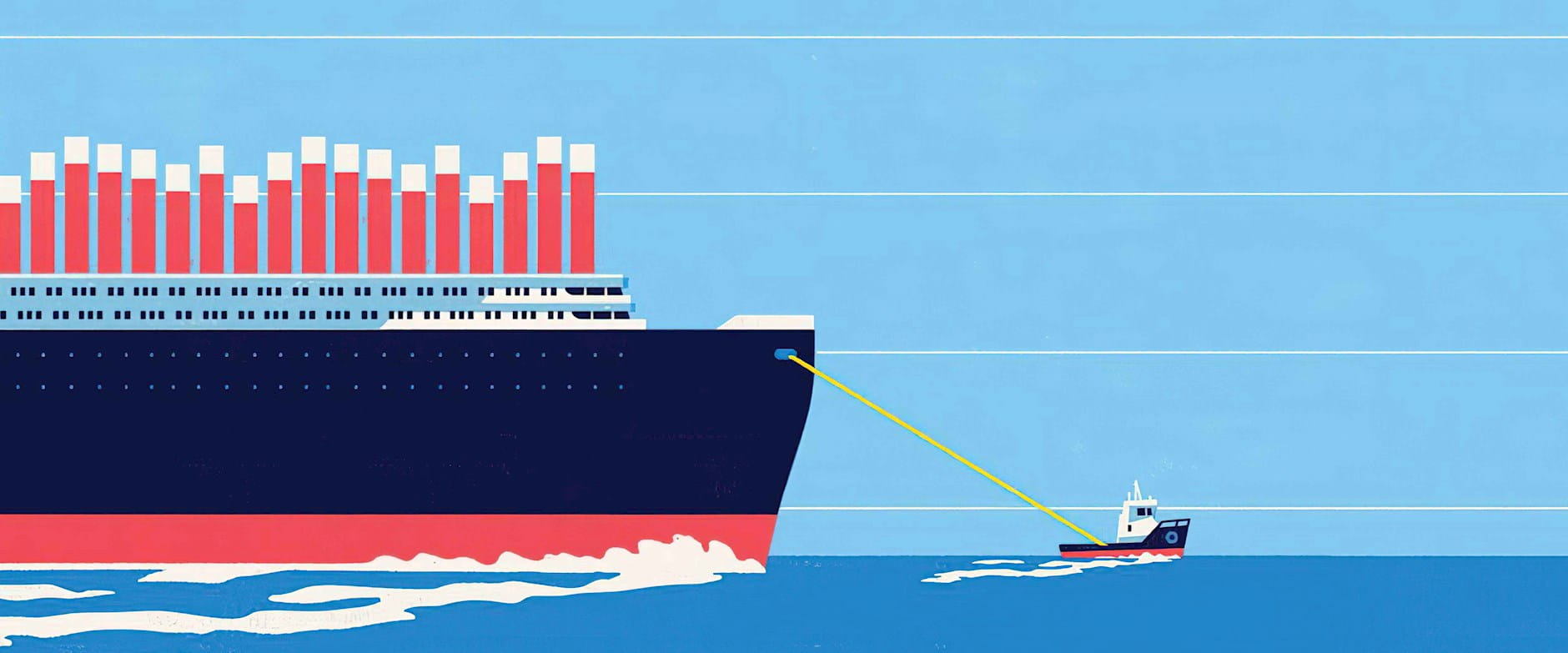When stock prices fluctuate, commentators often attribute the moves to demand from certain groups of investors. A radio report might attribute a daily rise in the S&P 500 to sentiment-driven retail investors—or maybe hedge funds, pension funds, or sovereign-wealth funds.
But some investors drive valuations more than others do, suggests research by Chicago Booth's Ralph S. J. Koijen, NYU's Robert J. Richmond, and Princeton's Motohiro Yogo. In traditional stock-valuation methods, it doesn't matter who owns a stock. Indeed, someone valuing a company's stock typically estimates the company's expected profits, and then discounts these profits using an appropriate discount rate as implied by, for instance, the capital asset pricing model (CAPM). The demand of a particular group of investors matters only to the extent that it affects the market risk premium and therefore the discount rate, producing a typically small effect. But some research is starting to chip away at the gap between narratives about investor-driven market swings and traditional finance models.
The latter assume that markets are highly elastic, Koijen explains—if prices deviate slightly from their fair values, investors rush in to arbitrage such small mispricings away. But the market is far less elastic than thought, a growing literature demonstrates. In this case, differences in investor demand have a meaningful impact on prices.
If asset prices reflect differences in demand for the shares, who is driving that? Koijen, Richmond, and Yogo developed a framework to trace back differences in valuation ratios and expected returns to various investors. They assembled investors into eight groups, from passively managed behemoths such as the Vanguard Group, to smaller, actively managed investment advisers and hedge funds. They then modeled how valuations would shift if all the assets of one group were to be redistributed to other institutional investors in proportion to their assets—if all hedge fund assets, for example, were held instead by other institutions in the market. The effect of that would depend on an investor’s size and strategy compared with others in the market, the researchers show.
Overall, small, active investment advisers have the largest influence on valuations, according to the researchers. Controlling for size, they find that hedge funds tend to be the most influential. “Per dollar of capital, they are much more influential than pension funds and insurance companies,” says Koijen.
In addition to seeing who has the most influence in the market overall, the researchers zoomed in to see who has the most influence in specific areas of the market. When it comes to green stocks—so called because they are associated with the environment—foreign investors have the most influence and are driving stock valuations, they find. Meanwhile, for companies associated with good governance, smaller and active asset managers take the lead.
For asset managers, understanding how specific investors—or groups of them—influence the $38 trillion US stock market is illuminating. Koijen and his collaborators are now turning their attention to the $40 trillion bond market, expecting that a similar effect is at work there.
Ralph S. J. Koijen, Robert J. Richmond, and Motohiro Yogo, "Which Investors Matter for Equity Valuations and Expected Returns?" Working paper, June 2020.
Your Privacy
We want to demonstrate our commitment to your privacy. Please review Chicago Booth's privacy notice, which provides information explaining how and why we collect particular information when you visit our website.
